Behind the Seasoning: Mulling Spices
Mulling spices and cool fall weather go hand in hand. There is something so relaxing about sipping a cup of perfectly spiced cider or wine as you stroll through a pumpkin patch or while sitting around a fire or when going caroling. Find out everything you need to know about mulling spices, including recipes and uses for this flavorful seasonal spice mix.
What are Mulling Spices?
If you are looking for a spice that encapsulates the flavors of fall and winter, look no further than mulling spices. The blend is a mixture of spices with a little bit of everything. It’s sweet, spicy, soothing, and slightly pungent. The combination of spices is traditionally paired with cider and wine but can also be used to infuse jams and sauces.
-

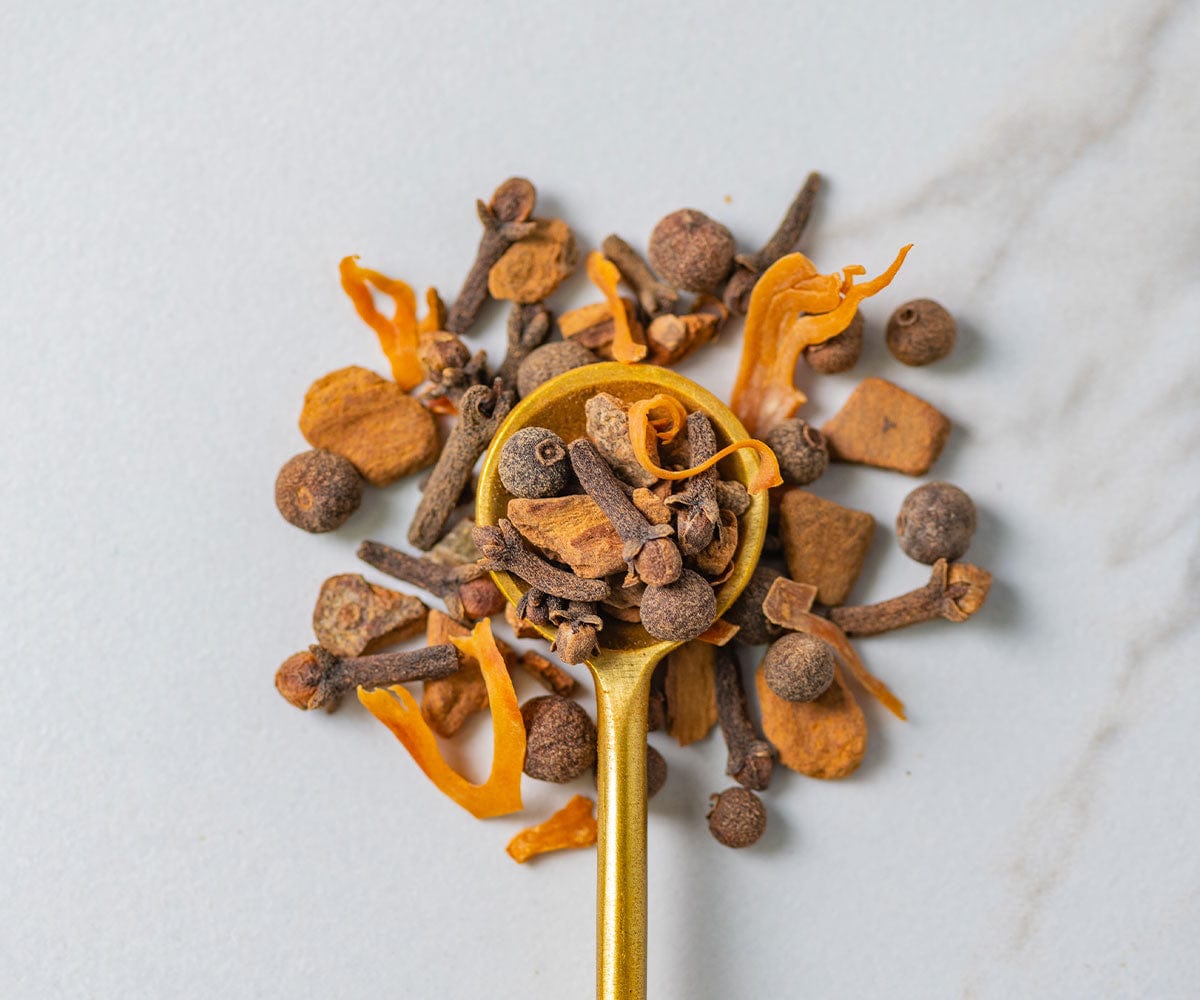
Mulling Spices
Our mulling spices tin brings together aromatic, whole ingredients for a delicious mulled spice mix - the perfect starter blend for apple cider or...
View full details
While the spiced combination is seen in drinks all over social media, it has a history that dates back to the ancient Greeks and Romans. The Greeks believed that wine should not go to waste, so they would add spices to any leftover wine and heat it up to drink at a later date. The spices would mask any off putting astringent flavors. The Romans followed suit, which gave way to the beverage taking off during the Middle Ages. During that time period, many people were told that the extra spices in their wine would make it healthier — plus, the spices made it taste better if the wine wasn’t all that great! There definitely were benefits to sipping an alcohol-based drink that had also been heated. It was much safer than drinking the potentially unsanitary water.
Why are they called Mulling Spices?
First of all, let’s just establish that it’s mulled not mold — we wouldn’t encourage you to make or serve mold wine! The Merriam-Webster dictionary cites the first use of the word “mull” in 1618 as a verb meaning to heat, sweeten, and flavor with spices. The use of the word really hasn’t changed in hundreds of years! So Mulling Spices are literally spices that you use to mull wine or cider. Of course, the uses go way beyond just the traditional uses.
What is in Mulling Spices?
Mulling spices can differ from recipe to recipe, but the majority of spice blends feature a combination of cinnamon, cloves, and allspice. Our blend of Mulling Spices features a combination of Saigon cinnamon, allspice, Ceylon and Madagascar cloves, mace (which is the outer covering of nutmeg and has a sweet, slightly peppery flavor), and inner cardamom seeds. If you’re looking up recipes to make your own mulling spice, you might see dried cranberries or raisins added as well as crystallized ginger or citrus peel as well. But if you don’t have them, don’t worry! Your mulling spice mix will still taste delicious.
-
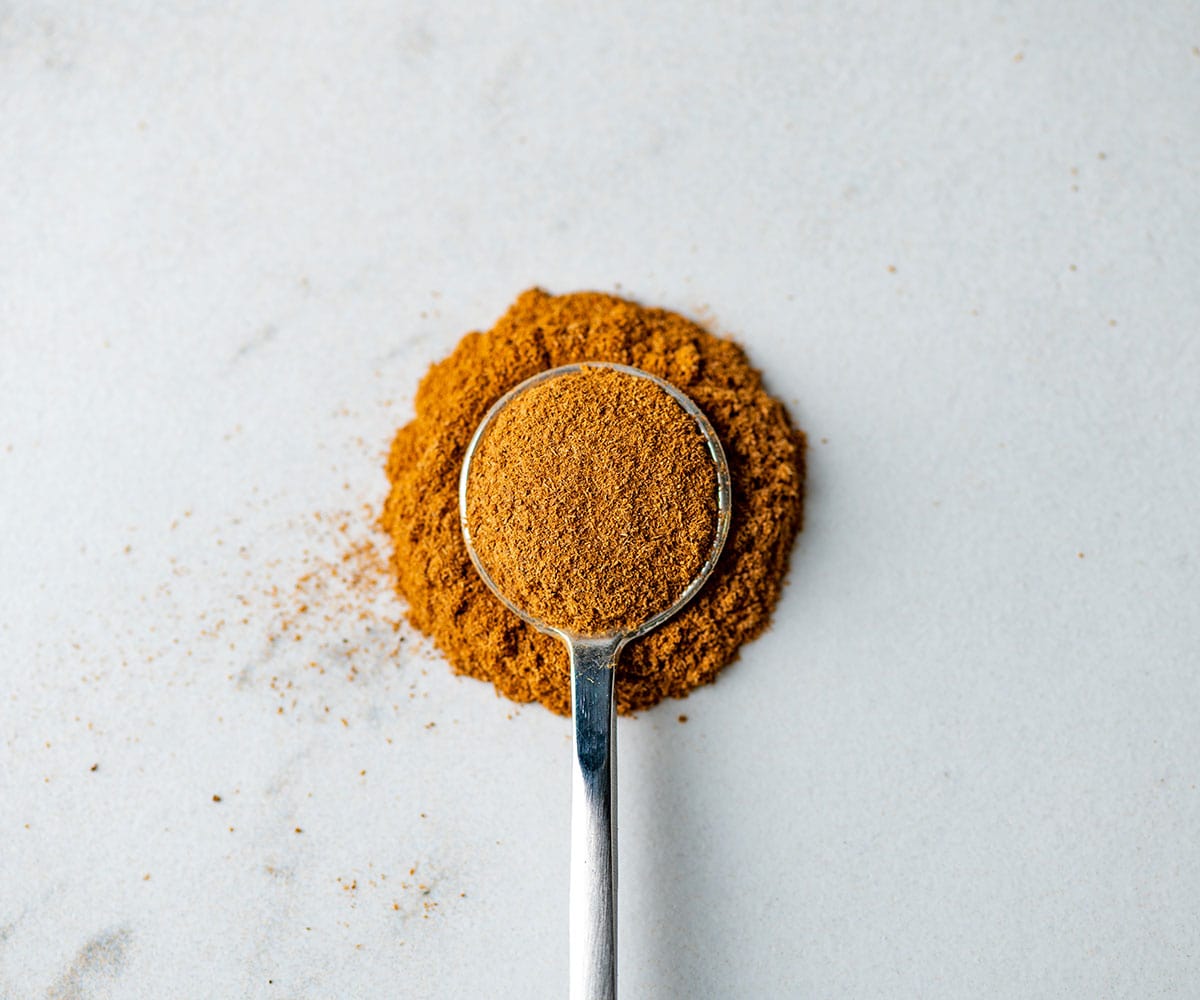
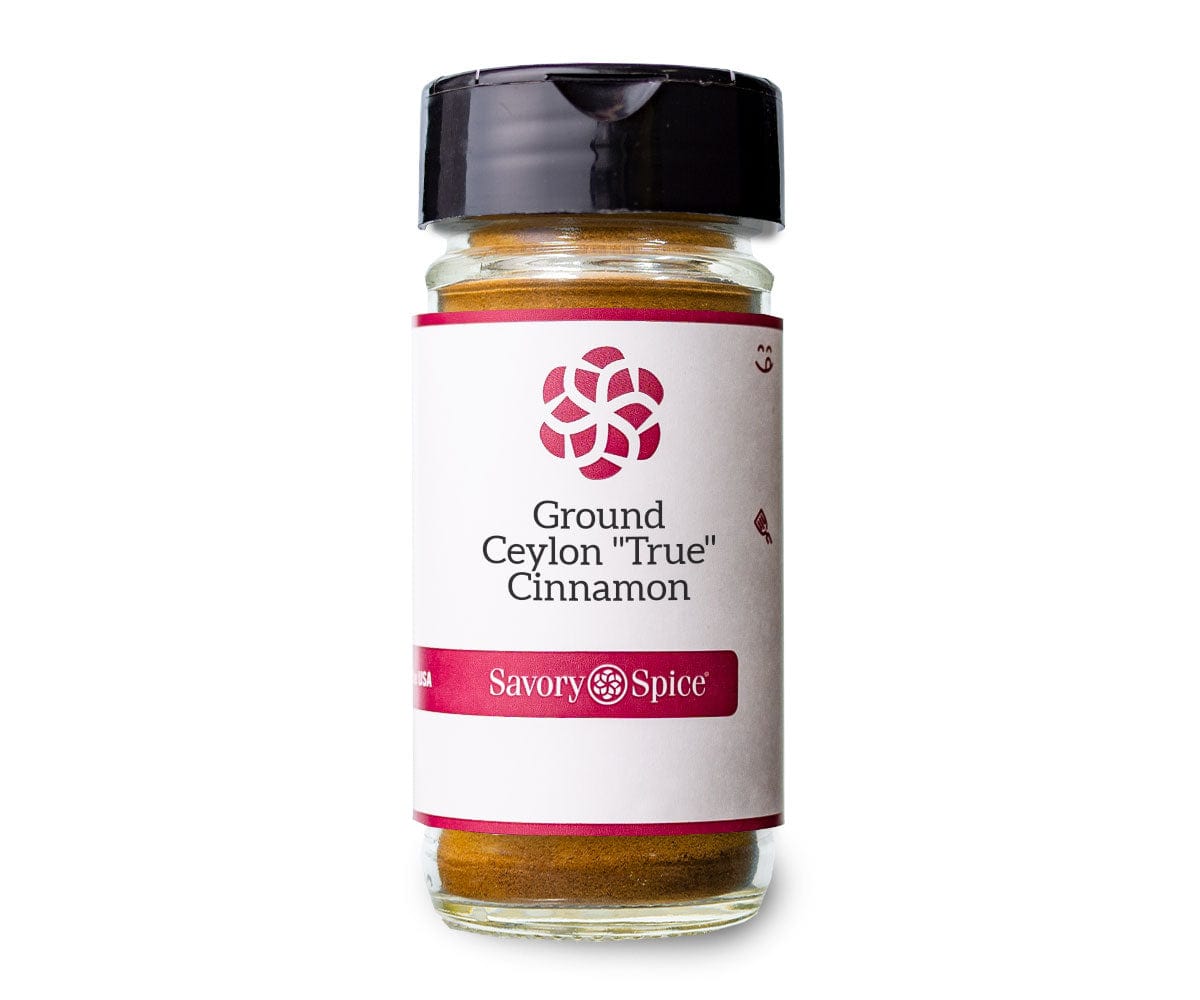
Ground Ceylon "True" Cinnamon
Cinnamon in its truest form. Ceylon cinnamon is not the boldest in cinnamon flavor, but is a sweeter type of cinnamon with notes of citrus. It's th...
View full details
-
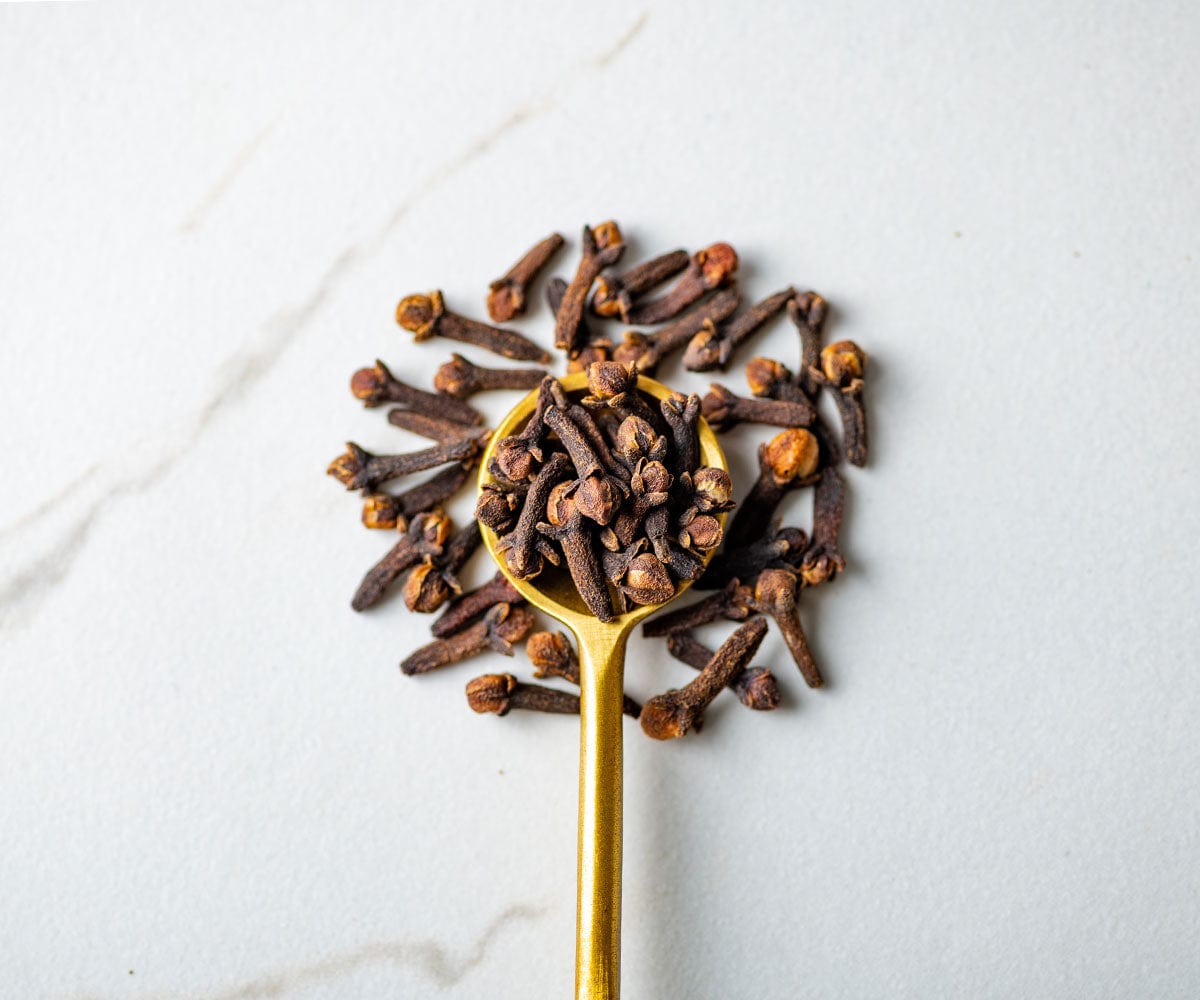
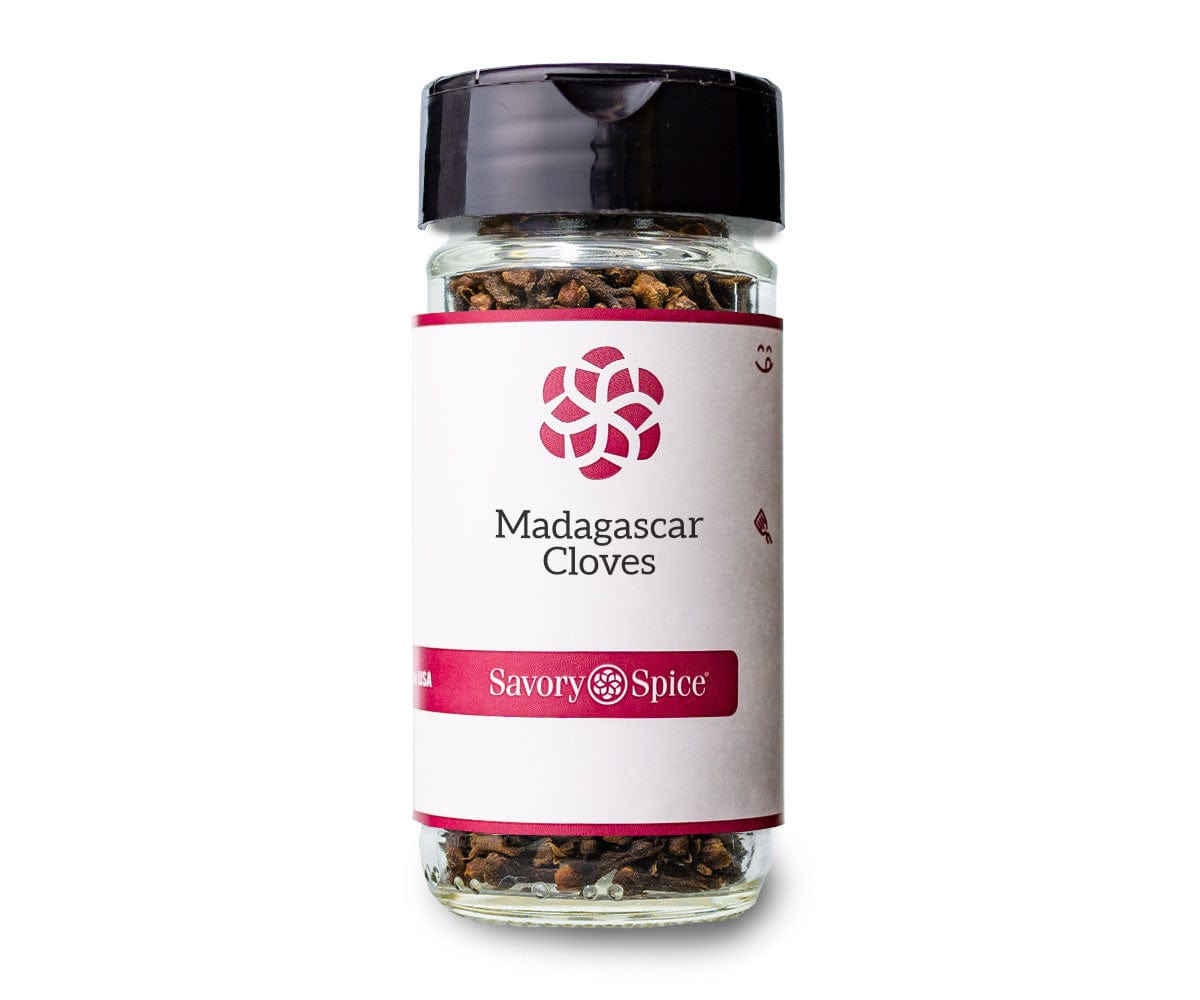
Madagascar Cloves
Cloves can be used for everything from baked goods and broths, to meat rubs and marinades. Around the world, whole cloves are an essential ingredie...
View full details
What Do Mulling Spices Taste Like?
Because most mulling spices feature a sweet-spiced, warming blend of ingredients, the flavor profiles tend to be warm, pungent, sweet, spicy, and eucalyptic. While the tastes can change depending on the variety of the blend, the main flavor profile tends to stay the same.
But remember, you’re not actually going to just taste the mulling spices. You’ll be tasting the other ingredients as well. So if you add them to cider or add sugar, the flavor will be sweeter. If you’re mixing in citrus or cranberry, the flavor will have additional tartness. If you’re infusing the spices into wine or tea, you might taste the bitter, tannic notes.
Where to Buy Mulling Spices
Mulling Spices are not hard to find, especially during the fall and winter months. The blends are featured in apple orchards, local markets, and most grocery stores. As always, if you’d rather check out the spices in person, our store locator will help you find a store nearby that sells our product.
What is a Mulling Spice gift?
If you want to gift Mulling Spices, we suggest including a jar or bag of the spices as well as a muslin bag. You may even want to add a bottle of wine or local apple cider. While we can’t fit an entire recipe on our label, it does include the amount of Mulling Spices to use. To add a personal touch, write out the recipe for Mulled Wine or Mulled Apple Cider on a notecard.
-
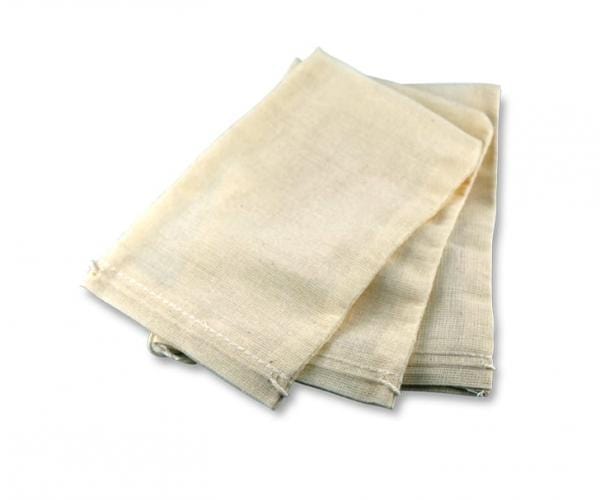
Muslin Bags
These small muslin spice bags are used to infuse flavor into soups, stews, sauces, stocks, as well as drinks such as mulled wine or tea. Just add t...
View full details
What Can Be Substituted For Mulling Spices?
Mulling spices are pretty simple to substitute. Because a lot of the ingredients are pretty common, you’ll find a lot of DIY mulling spice recipes. The base of the recipe should include cinnamon, cloves, and allspice - try a simple 3-2-1 ratio of those ingredients (by weight) in a pinch.
You may also find ingredients like crystalized ginger, brown sugar, peppercorns, cranberries, and vanilla beans in recipes for mulling spices. Of course you can modify the recipes to suit your taste. Our Mulling Spices don’t have any sugar added so if you’re trying to replicate the flavor, just leave it out - or treat it like tea and let everyone sweeten their glass themselves.
If you’re looking for a way to add flavor and sweetness, try using our Whiskey Barrel Smoked Sugar, Vanilla Bean Sugar, or Honey Powder.
-
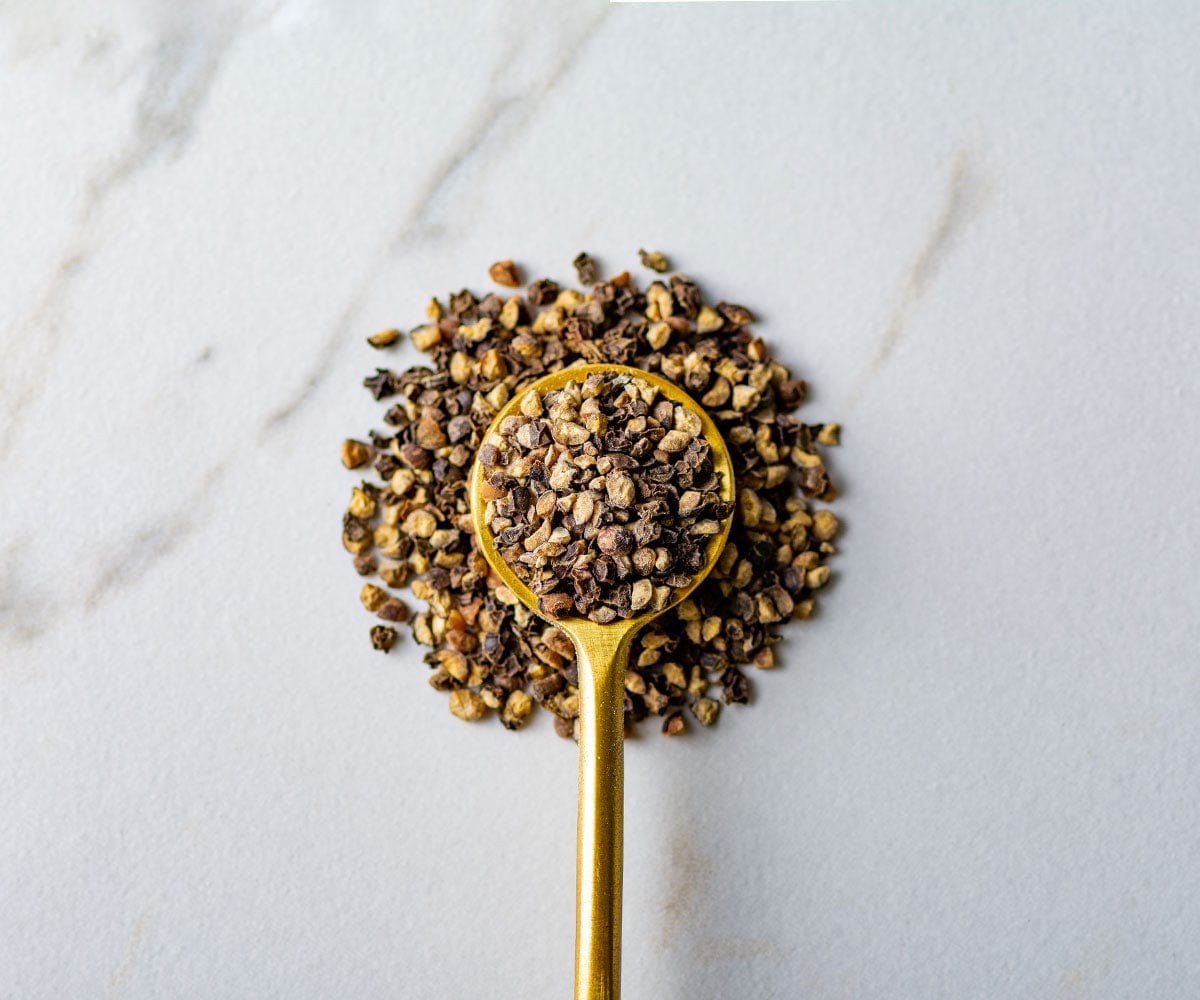
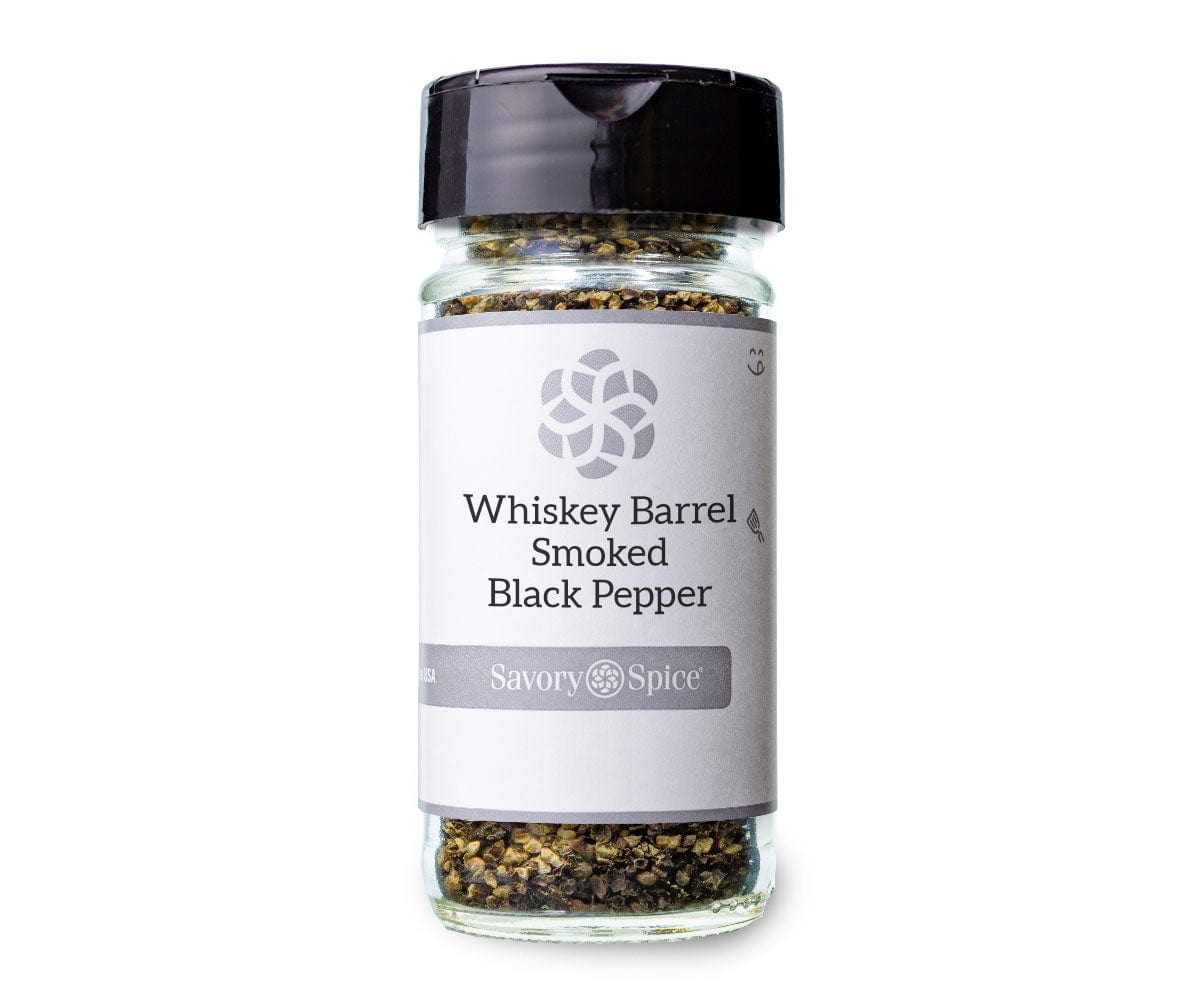
Whiskey Barrel Smoked Black Pepper
An all-time favorite BBQ and grilling seasoning. These cracked peppercorns are slow smoked by hand in-house using oak staves from whiskey barrels. ...
View full details
-
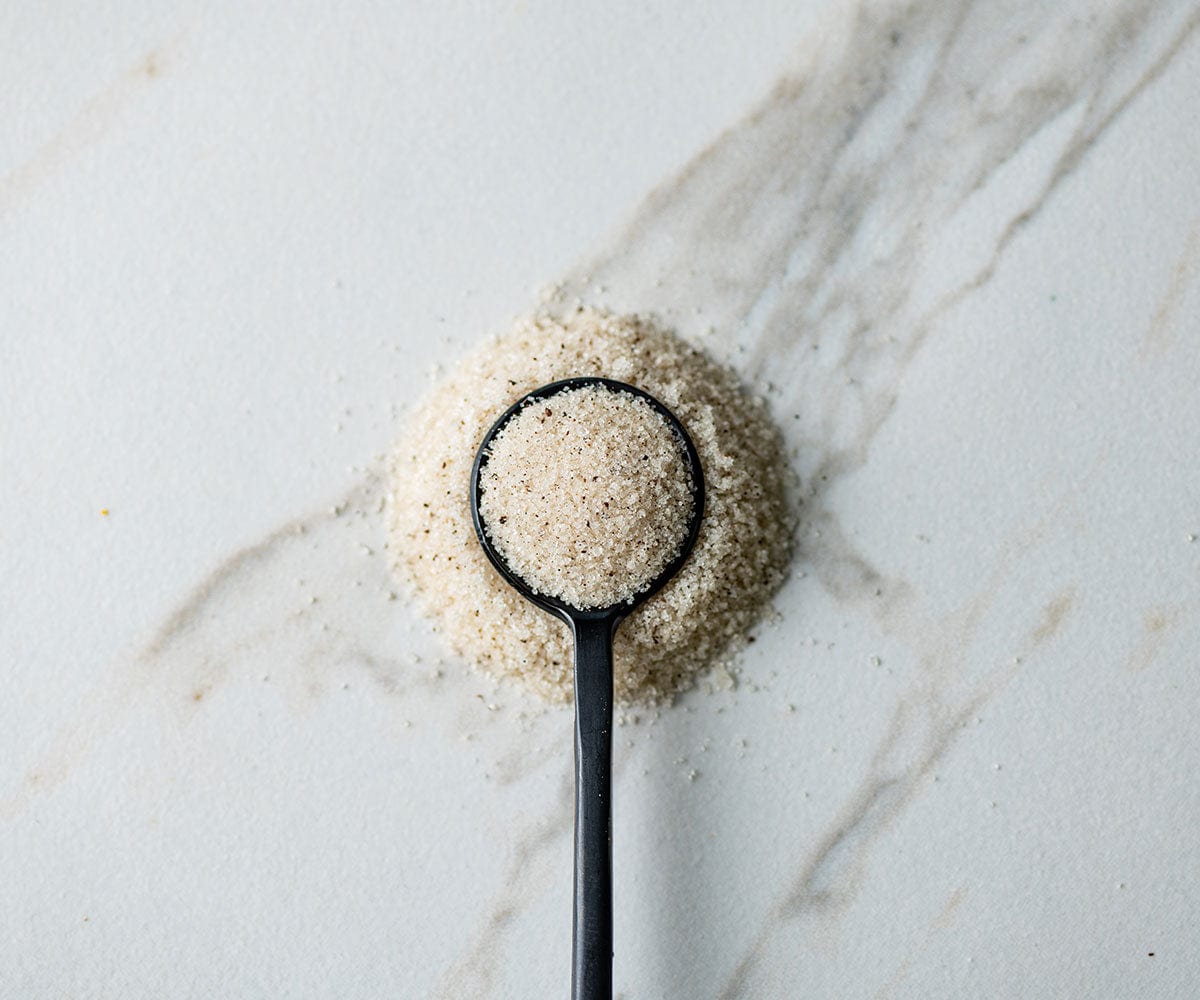
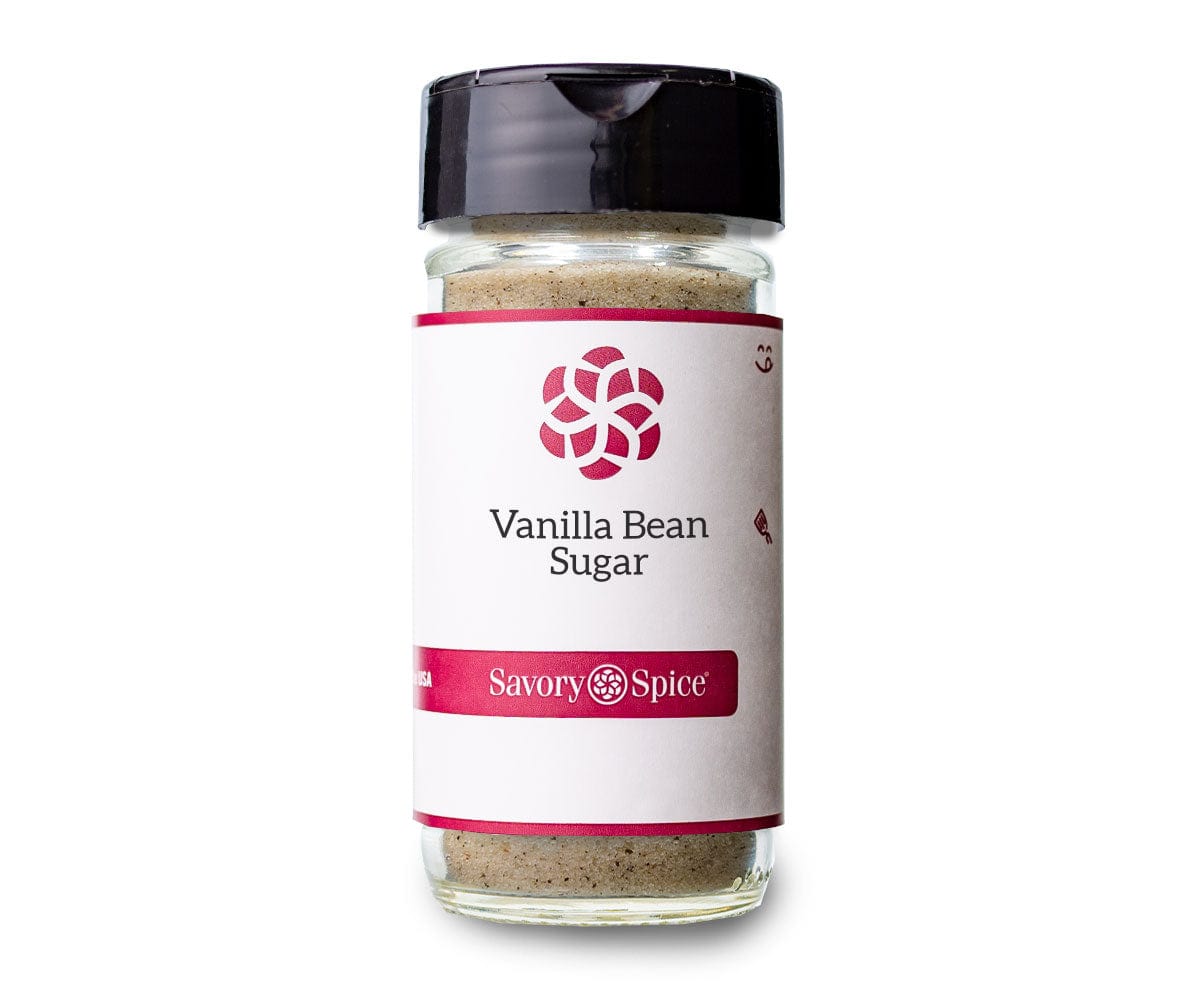
Vanilla Bean Sugar
A longtime customer favorite for its sweet, classic vanilla flavor. It's the best sugar for your coffee or cocktails. Swap out with regular sugar ...
View full details

How to Use Mulling Spices
Even if you’ve never tried them before, you will have no problem learning how to use mulling spices. While recipes can differ, using mulling spices in most beverages follows the same basic process. For spiced cider, use 2 Tbsp. of spice per gallon. Add the spices to a tea bag, tea infuser, cheesecloth, or muslin bag. Add the spices to the simmering liquid and let the spices infuse for about 15-30 minutes. Cloves can become overly astringent so don’t let the cider boil for too long.
How to use Mulling Spices for smell
Creating a simmer pot is an excellent way to use mulling spices for just the smell. Simply boil a large pot of water over medium heat. Then, add the mulling spices to the pot (for easy clean up, use a tea bag or infuser) and let simmer for several hours. Add apple peels or orange slices for even more autumnal aromas. You can also put everything in a slow cooker and leave the lid off. The smell will fill your home with warming, soothing, and comforting scents of fall.
How to make mulled wine
As a rule of thumb, for spiced wine, use 1 Tbsp. of spice per bottle. Because you won’t want to boil the wine, we suggest simmering the spices in boiling water first for best flavor. Then remove the spices, dump the water, and add the wine. Gently heat until warm but not boiling. We have an easy-to-follow recipe for Mulled Wine using red wine but you can also find great recipes for making Mulled White Wine. And if you’re in a warm climate, turn your mulled wine into a chilled, spiced sangria.
What Are The Benefits of Mulling?
Just like with Pumpkin Pie Spice, there haven’t been many studies specifically targeting the blend of mulling spices. However, when breaking down the blend into individual spices, there are many known benefits. Spices like cinnamon are loaded with antioxidants, allspice can help reduce inflammation, and cloves may help regulate blood sugar.
-
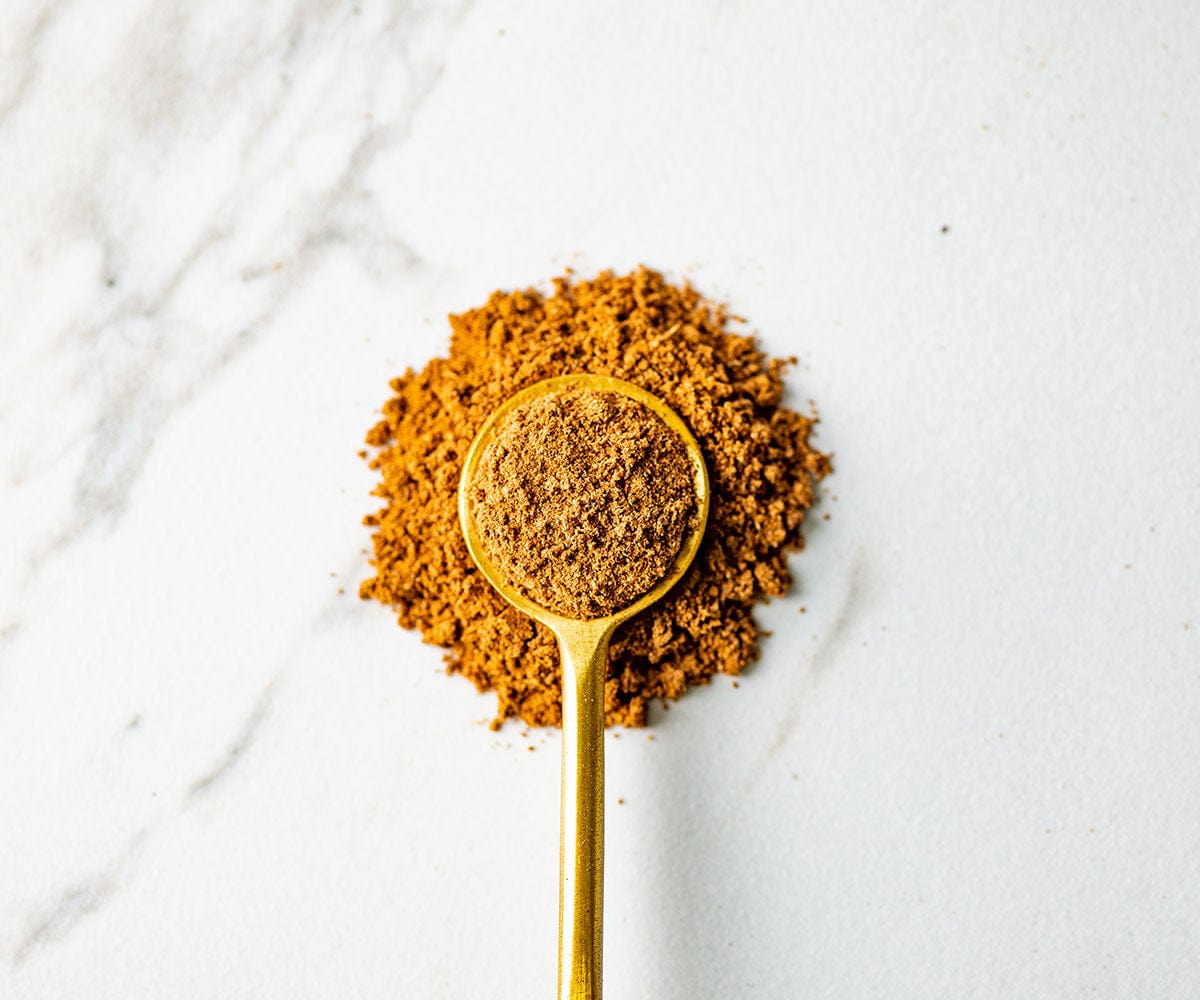
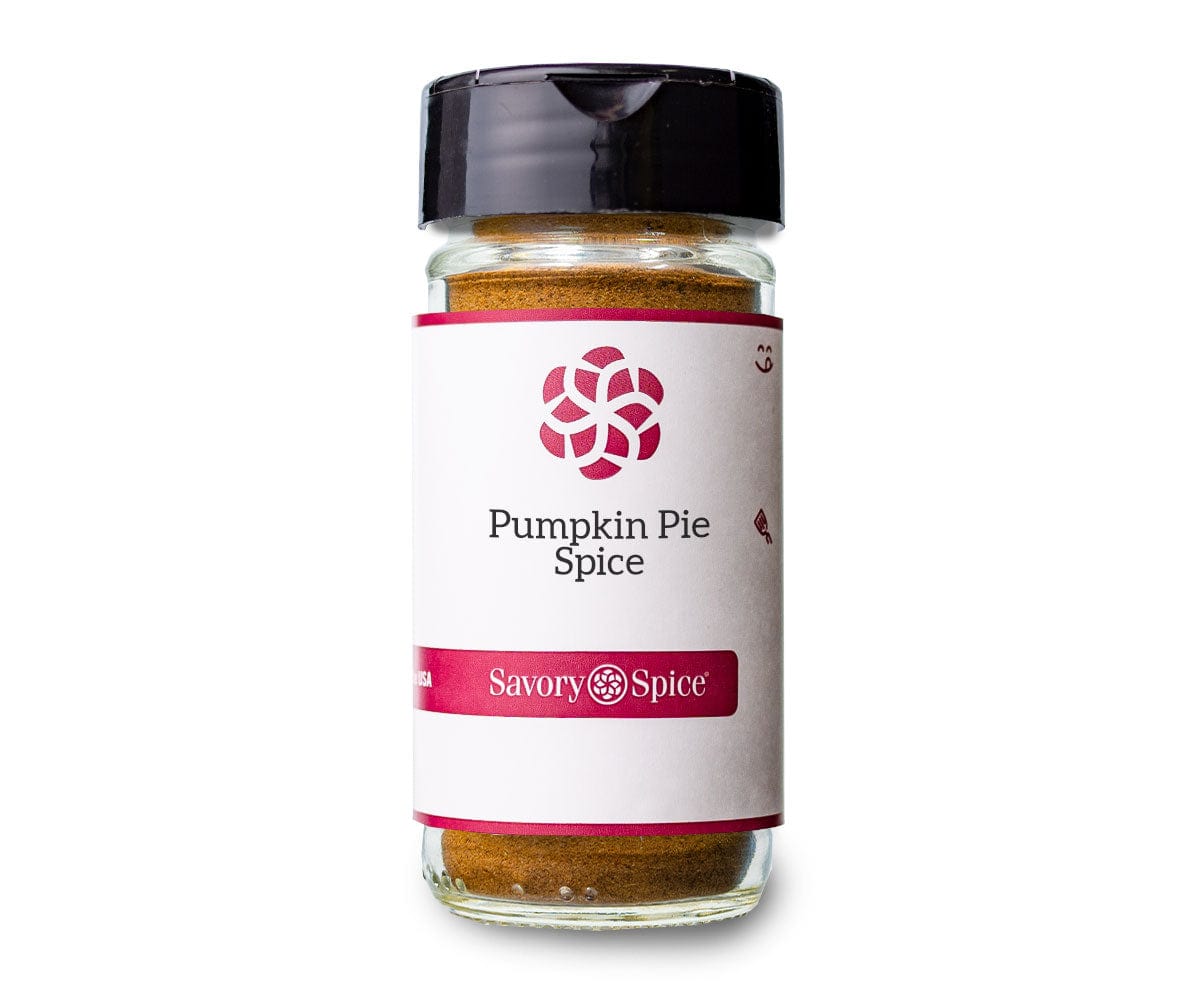
Pumpkin Pie Spice
The flavors of our pumpkin spice include cinnamon, ginger, allspice, and cloves, making it perfect for fall baking and autumnal savory dishes. If ...
View full details
-
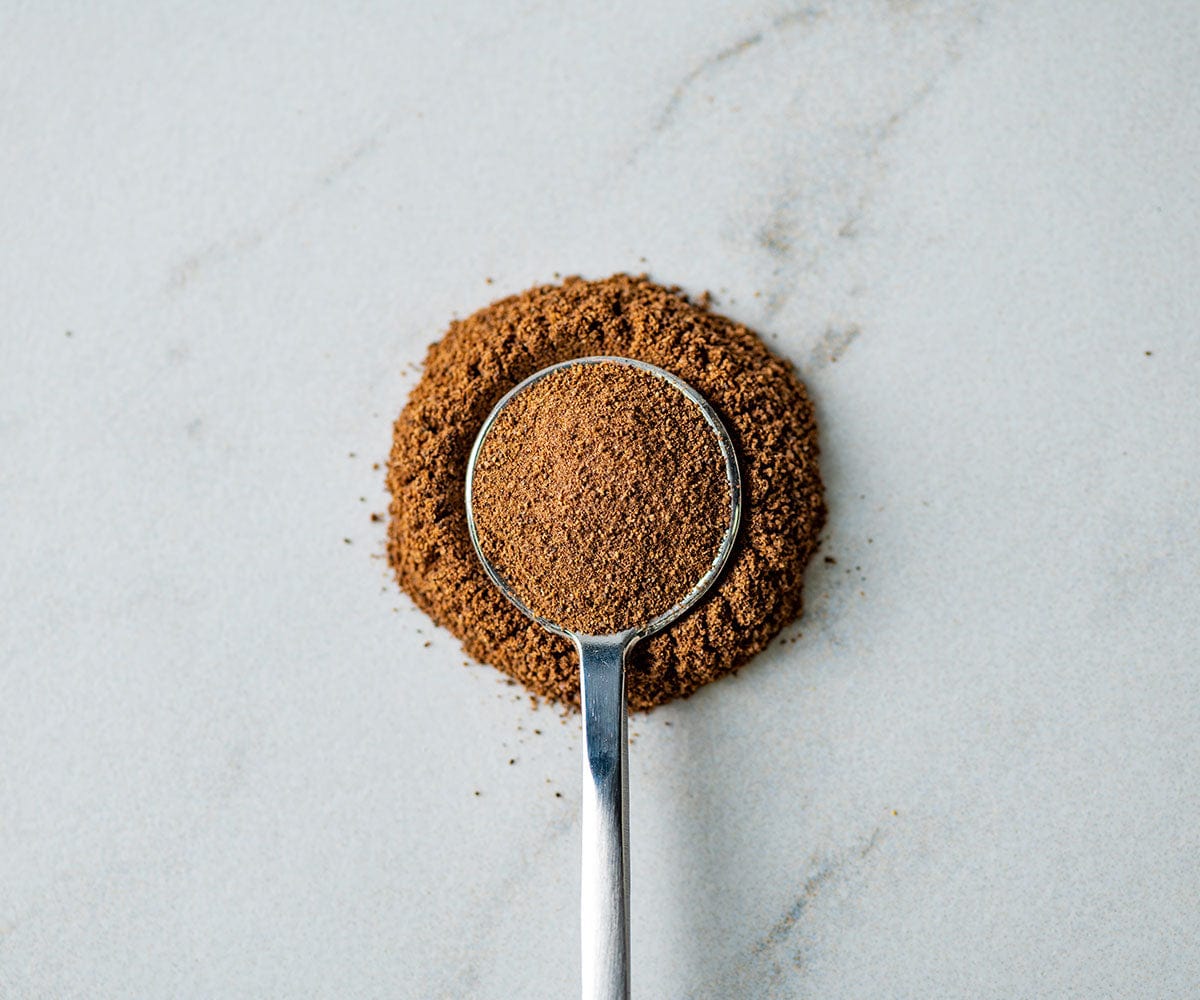
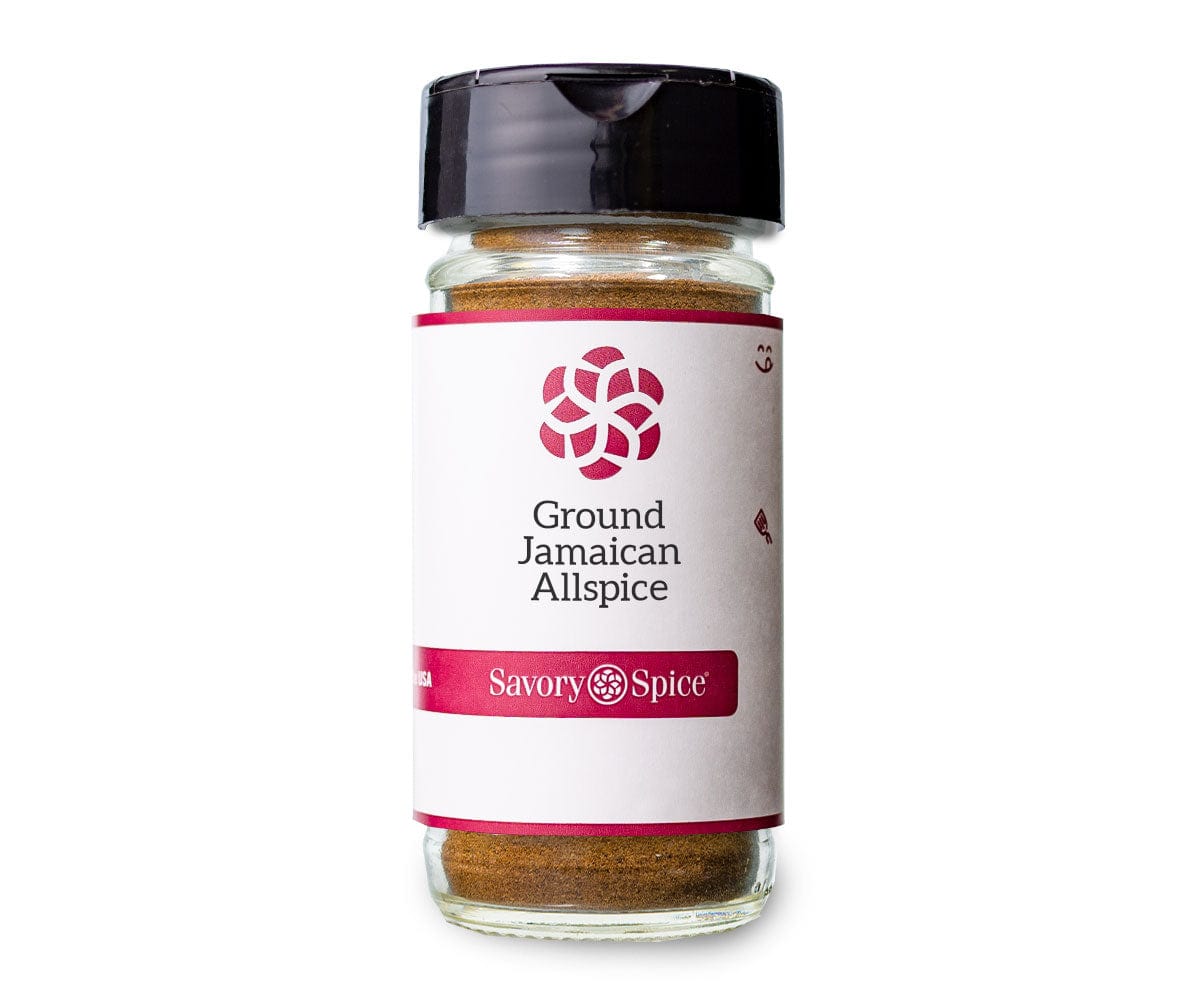
Ground Jamaican Allspice
These ground Jamaican allspice berries gets the name "allspice" from tasting like a blend of cinnamon, clove, ginger, and nutmeg - even though it's...
View full details
From a culinary standpoint, the benefit of a spice mix like Mulling Spices is that you don’t have to keep all of the individual spices on hand to create the rich, complex mulled flavor. Pre-mixed mulling spices make it easy to make the perfect mulled cider or mulled wine. Plus, whole spices have a longer shelf life, so don’t worry if you still have a few tablespoons left over from last year, they will still pack a flavor punch.
What to Serve with Mulling Spices, Mulled Apple Cider, or Mulled Wine
Mulled drinks like mulled apple cider and mulled wine are great to serve on their own, especially at a party or holiday gathering. However, they taste even better with something to munch on. A charcuterie board is a perfect complement to the spiced drinks. Try Chai Spiced Nuts to match the warm, sweet flavor or Vindaloo Spiced Candied Fruit & Nuts if you want a little heat.
For a heartier option, try a roasted Pork Tenderloin with Apple & Onion Pan Sauce, Spiced Baked Ham, or Sage & Roasted Squash Risotto. These dishes are rich and flavorful enough to stand up to the bold spices in mulled wine or cider.
If you’re looking for a sweet option and want to pair mulled wine or cider with dessert, classic holiday recipes have some of the same warm spices and will taste delicious with mulled drinks. Try Pfeffernusse Cookies or Holiday Fruitcake. If you want something a little less traditional, make Danish Apple Squares, Sangria Celebration Cake, or double up on the mulling spice flavor and serve Mulling Spiced Panna Cotta with Caramelized Apples.
What Are Recipes With Mulling Spices?
Mulled cider and mulled wine are well-known and classics for a reason. But don’t think that mulling spices are only used for those two beverages. This combination of spices can flavor other drinks and sauces and is also excellent in desserts or jams. See how you can utilize the spices to their full potential with some of the recipes below.
Mulling Spices for cider
- Mulled Apple Cider - Fresh apple cider and mulled spices are the perfect pairing. Do yourself a favor and double the recipe, as both the adults and kids will want seconds of this tasty drink.
- Wassail - This is a 21st century version of a traditional drink, think of it as holiday punch for a crowd. For the adult crowd, you can fortify this punch with brandy, madeira, or rum.
- Spiced Iced Cider - Don’t let your mulling spices go to waste in the hot weather! Transform the cold weather drink into a refreshing summer beverage with this simple recipe.
Mulling Spices for wine & cocktails
- Mulled Wine - As soon as that crisp air returns, you know it’s time to make a batch of mulled wine. Use a simple red table wine for an excellent base.
- Mulled Wine Black Onyx Chocolate Sauce - Take chocolate to the next level with the addition of spices. Serve drizzled over ice cream or as a dip for strawberries.
- Spice-Infused Whisky - If cider or wine isn’t your cup of tea, try this instead. The mulling spices complement the deep, smoky flavor of the whiskey to make an excellent cocktail.
- Mulled Vanilla Brandied Cherries - Infusing sweet-spiced flavor into cocktail cherries turns this garnish into the star of the show. Bet you can’t have just one!
Other Mulling Spices recipes
- Spiced Vanilla Tomato Jam - Trust us on this one. The unusual combo of vanilla, tomatoes, and jam somehow work together to make a condiment that is excellent on savory dishes like pork, gourmet grilled cheese, or on a breakfast sandwich.
- Mulled Marmalade - Highlight the citrus notes in mulling spices by adding them to a batch of orange marmalade. The jam is excellent on toast or swirled into yogurt.
- Mulled Cranberry Sauce - With this recipe, cranberry sauce goes from an afterthought to a must-have. With the addition of mulling spices, this flavorful side can pull double duty as a turkey sandwich spread or on a charcuterie board as well.
Go Behind the Seasoning to learn about other seasonal favorites like Pumpkin Pie Spice, Poultry Seasoning or Chili Powder. Browse more Fall Flavors. Making mulled cider or wine? Tag us @savoryspiceshop on Instagram!



















Leave a comment